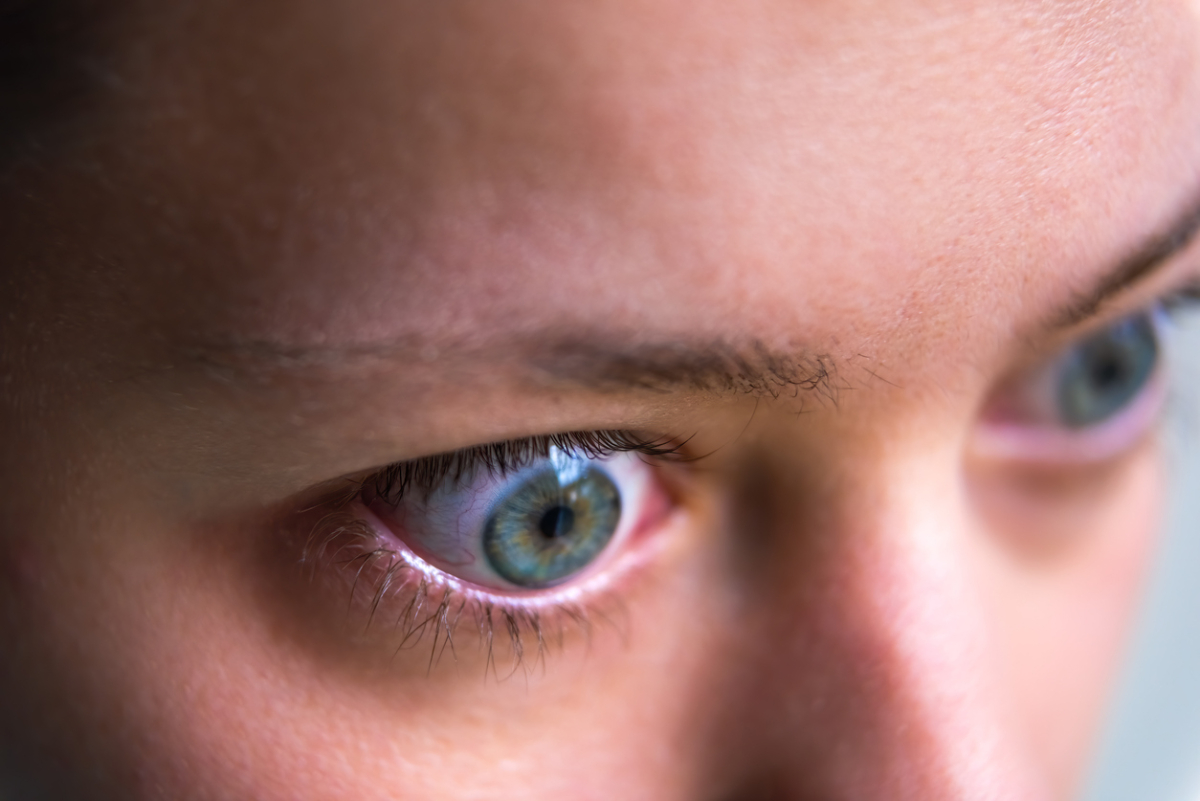Thyroid Eye Disease refers to a condition that produces inflammation and damage to the tissues surrounding the eyes. Almost all of the important aspects of the eyes are impacted by this condition. We also answer the question: is thyroid eye disease permanent?
Also known as TED, this disease has the potential to wreak havoc on one’s health if it is not properly cared for. Fortunately, there are a number of treatments available for those who are suffering from this condition.
That said, there is not currently an accepted cure-level
treatment for thyroid disease and this condition. Rather, it is considered a disease that can be effectively managed throughout one’s life.
What Is Thyroid Eye Disease?
Thyroid Eye Disease describes a condition of the eyes that often arises due to an imbalance of hormones from the Thyroid. However, sometimes, this condition can even arise in individuals with healthy levels of thyroid hormones.
Is Thyroid Eye Disease Permanent?
Thyroid Eye Disease is more often than not thought of as a permanent condition, if only because there is not currently a cure for this condition. That being said, sometimes the symptoms of this condition go away on their own, making it a temporary condition for some patients. Some of the common symptoms of TED include:
- Inflammation in the eyes
- Dry eyes
- Watering eyes
- Bulging eyes
- Double vision
- Pain in the eyes
TED is most often thought of as a disease to manage rather than solve. Fortunately, there are several options available for those who are suffering from this condition. Symptoms have the potential to impact both eyes but often will only affect one as well.
Diagnosing TED
The first step to diagnosing TED is through an eye exam. During this exam, a physician examines both of your eyes and determines whether or not TED is indeed the source of whatever issues you are experiencing.
Should they determine that TED is indeed the source of the issues affecting your eyes, they will follow the initial diagnosis period with a series of tests. Some of the common tests employed in this stage include:
- Computed tomography
- Magnetic resonance imaging
- Ultrasound
Once this series of tests has been performed successfully, then the next steps will be taken to determine what the most effective form of treatment for your particular situation will be.
Treatment Options for Thyroid Eye Disease
There are several treatment options available for those suffering from this condition. Some of the more common approaches include:
- Prescription Medications: There are several prescription medications available for treating TED. Prednisone and other steroidal drugs are commonly prescribed.
- Over-the-counter Medications: Many different over-the-counter medications can be used to curb Thyroid Eye Disease. Some of these are quite quotidian, such as eye drops to remove redness from the eyes.
In addition, lifestyle changes can make a massive difference in terms of how much TED impacts your life. Some of the following steps can be taken to attempt to curb the symptoms of TED:
- Quitting smoking
- Wearing sun protection
- Using a cold compress on the eyes
- Taking selenium supplements
- Receiving thyroid tests to test your hormone levels
Surgical Solutions for TED
In some cases of TED, surgery is the
only solution that will resolve some of the aesthetic and medical issues at hand. If you and your provider determine that receiving surgery is the best solution moving forward, then you’ll choose between the following types of procedures:
- Eye Muscle Surgery: This is a type of surgery that involves moving the eye muscles. It is highly effective at helping to correct double vision. Sometimes, more than one surgery is required to achieve the desired effects.
- Orbital Decompression Surgery: This is a type of surgery that removes pressure from the optic nerve. This is achieved by making the eye socket larger and removing excess tissue.
- Eyelid Surgery: The tight eyelids produced by TED can interfere with normal blinking, which can lead to damage to the eyes. Eyelid surgery, or blepharoplasty, can help to absolve the eyelids of this issue, lessening the impact of this condition.
In order to receive surgery, you’ll first have to be approved for treatment by your physician. Most healthy individuals who are interested in surgery will ultimately be approved, barring the presence of serious health issues of some kind.
The Best Option for Thyroid Eye Disease Treatment
Dr. Bradford Lee is an
internationally acclaimed oculofacial surgeon based in Hawaii. If you would like to discuss your experience with TED and whether or not you have any treatment options, contact Dr. Lee today to discuss your options.

